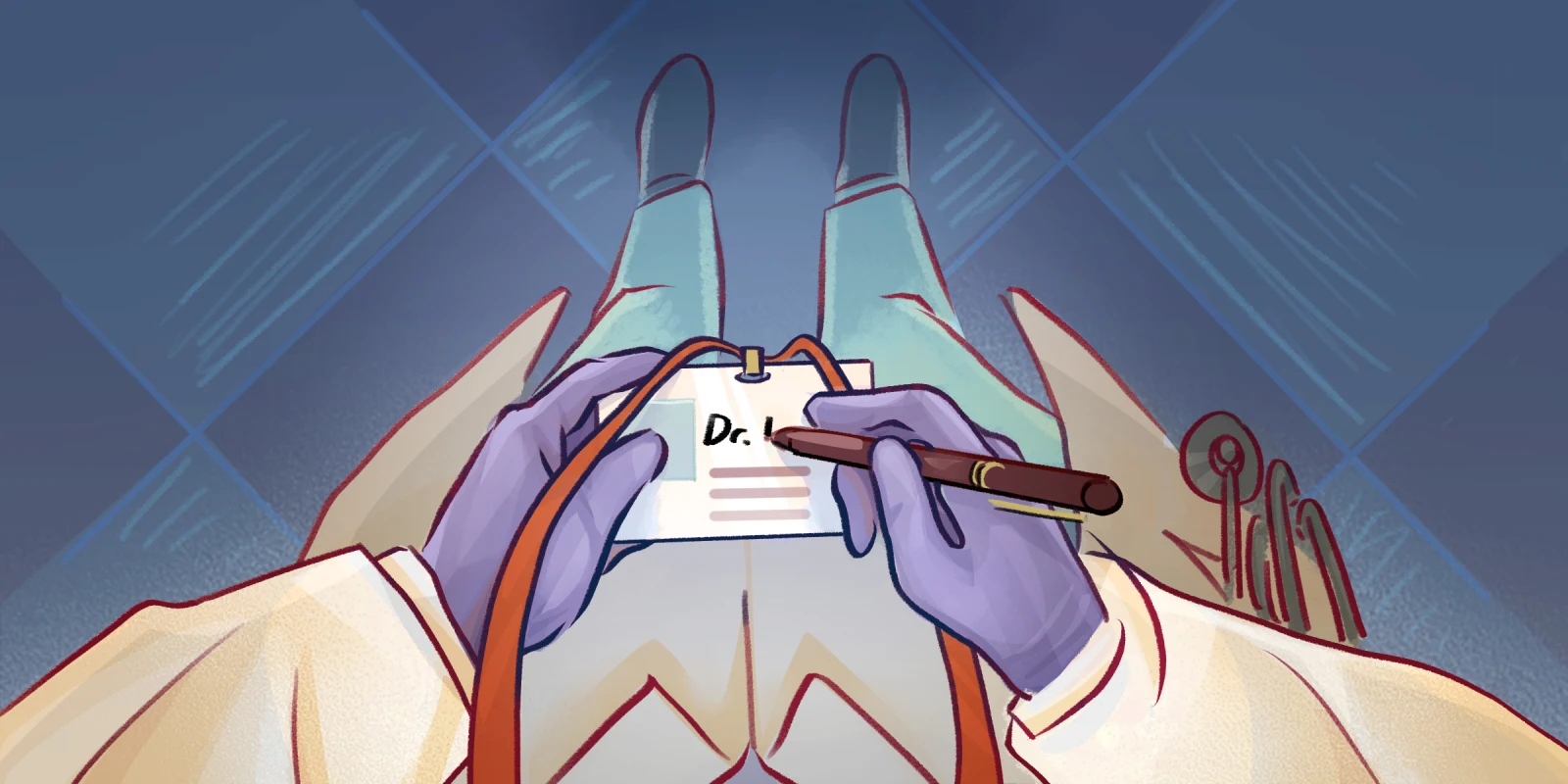“So when do I see the surgeon?”
Despite introducing myself as Dr. Hao, and spending 10 minutes detailing her diagnosis, need for surgery, anticipated procedure, and expected postoperative course, the patient did not view me as her surgeon.
She was right. I was a second-year junior resident at the time. I was not actually the person who would ultimately be responsible for her care. But when I do become the attending physician, will anything change? Will patients still focus on the male medical student instead of the female physician? Will patients still refer to us as nurses even after we have said we are the doctor?
Too many of my women co-residents in surgery have experienced the same stories over and over again: being given pet names like “sugar” or “honey,” being told we look too young, hearing the patient tell someone on the phone, “I gotta go, my nurse is here,” being ignored in the presence of the accompanying male, and, of course, being asked by the patient why they haven’t seen any real doctors yet.
As a medical student, I saw many a male attending introduce himself by his first name, and many a female attending introduce herself as Dr. Last Name. Even after starting residency, my female colleagues went different ways, some choosing Dr. Last Name, some Dr. First and Last Name, or like me, going by First Name or Dr. First Name. Some male colleagues also went by First and Last Name without the honorific. When asked, my female resident colleagues expressed common reasons for using their title, including maintaining a professional atmosphere during the establishment of a patient relationship and as a way to indicate that they were, in fact, the doctor, (particularly in the face of frequent counter-assumptions made by patients). Some of my colleagues simply wanted to use the title that they had toiled years in school to earn
In academia, the introduction and address of colleagues is unsurprisingly formalized. But it is jarring when male speakers are referred to as Dr. Last Name and the same speakers, if female or non-white, are referred to by First Name. Eliminating this obvious reflection of unconscious bias was the basis of the American Society of Clinical Oncology’s Language of Respect guidelines, instituted in 2020 for all of their conferences. Still, in the media, male professionals continue to deny the importance of using titles with respect to their female colleagues, claiming that such use is associated with arrogance, or creates the perception of fraudulence.
It is undeniable that public introductions, or introductions between colleagues, should be respectful and equal. But one’s personal introduction to a patient is different; I argue it is an individual choice.
Introducing myself as Dr. Last Name clearly has no bearing on the patients who have already chosen to make an incorrect assumption, and not introducing myself as a “doctor” makes no difference to the patients who have already chosen to respect any provider who walks in the door, nurse or otherwise. Likewise, whether or not I say I am the “doctor” has zero impact on what I do for the patient. The level of care that I provide is the same. Patient trust is also not automatically secured because of a title in front of a name. Rapport is built upon how I behave and interact with my patients.
I hope that, in the future, women physicians no longer face immediate and incorrect assumptions about their status. I hope this debate need not continue. But for now, I choose to be where I am comfortable. Some are comfortable as Dr. Last Name, and I greatly admire and support that. But I am most comfortable as First Name — as Scarlett. And it’s funny how patients sometimes surprise us. In my third year, I spent another 10 minutes detailing the plan for another patient who had come into the ED with bowel obstruction. At the end of the encounter, I had to clarify that I would run the plan by the team and if any changes were made, I would return with an update. I had to explain to the patient that I was, in fact, my attending’s minion, and that he would get to meet the boss soon. What the patient said next blew me away: “Don’t call yourself anyone’s minion. You’re more than that.”
How do you identify yourself in the exam room? In the staff lounge? In public? Please share in the comments below.
Scarlett Hao is a PGY-4 resident in general surgery at East Carolina University / Vidant Medical Center. She graduated from University of Maryland School of Medicine. She is pursuing a career in academic medicine and surgical oncology. Scarlett is a 2020–2021 Doximity Op-Med Fellow.
Illustration by April Brust







